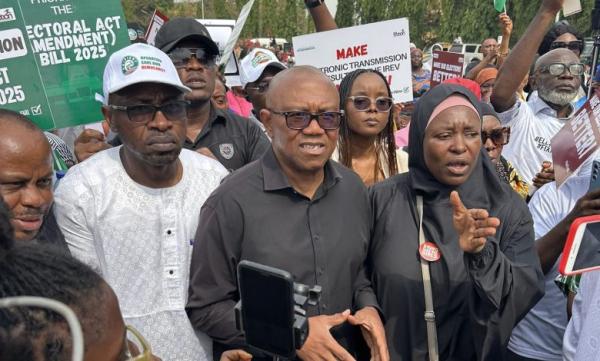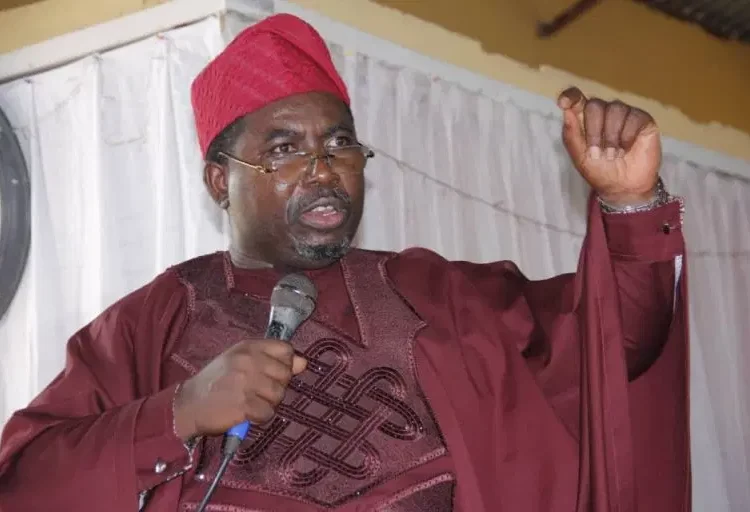
In spite of a 50% pay rise ordered by a Kenyan court, the government still holds onto its reservations, insisting that a salary increase would damage government finances.
Teachers argue that a pay deal struck in 1997 has only been partially fulfilled but President Kenyatta disputed this insisting that "the award has been settled in full".
There has been no teaching in public schools since the beginning of the month, as the teachers say the government should abide by the court's decision.
The government said last week that the move to close the schools was about protecting "children, staff, and... property" and to "allay the worries of parents".
There had been concerns that children were attending school without supervision.
More than one million pupils who will sit for public exams next month are allowed to go to school, but it is not clear if there will be staff available to teach them. Private schools have also been told to shut but some have defied the order.
One of the pupils identified as Joy Anyango was reported to have said that she is worried and that the strike could affect her chances in next month's exams. “Pupils really need to get back to school". She said.
She said that the current situation is making her "stressed".
Hugholin Kimaro, who has been a teacher for more than 20 years, admitted that the strike is very painful but that it is for a worthy cause.
He said that the problems in the education sector need to be sorted out "once and for all".



















